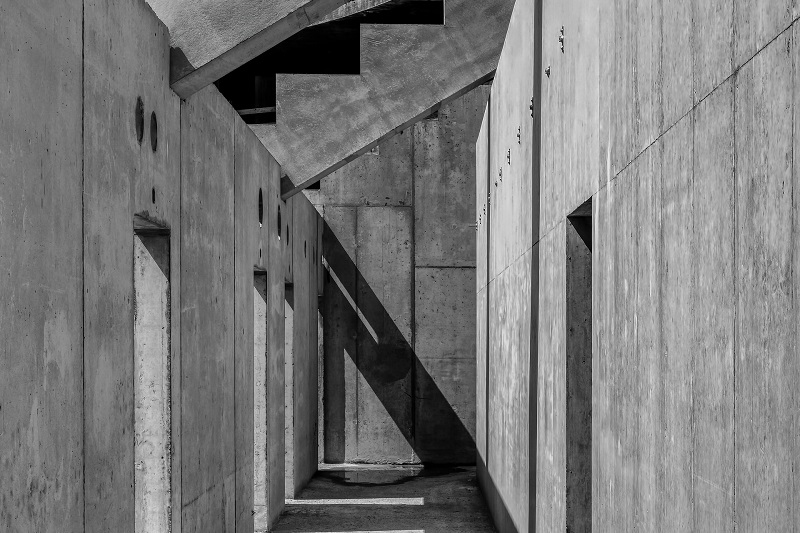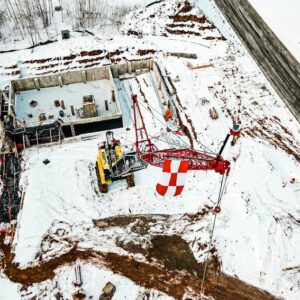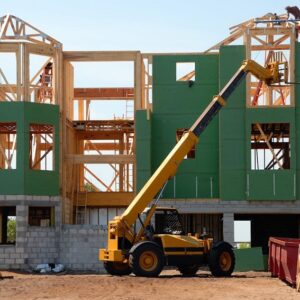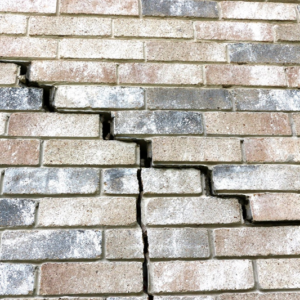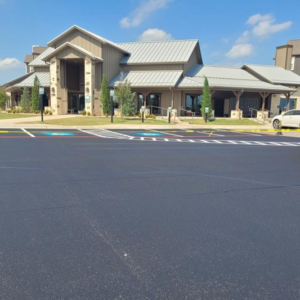Anyone who has worked in the concrete construction industry knows how important it is to have high-quality formwork. Unfortunately, not all formwork is created equal, so buyers need to do some research before choosing which brands and types to buy. Buyers can read on to find out what qualities to look for in high-quality formwork before selecting options for their projects.
1. Rigid Construction
Handset Concrete Formwork needs to be rigidly constructed to ensure it will retain its original shape. Formwork made from flexible materials could lead to deformation of the concrete while it sets, creating problems for the entire structure.
2. Waterproof Materials
Mixed concrete contains water, which evaporates slowly until the concrete sets. The formwork that holds the wet concrete in place must be made from waterproof materials such as plastic, metal, or wood to prevent wicking of the moisture.
3. Ability to Withstand Heavy Loads
Concrete is heavy, which is one of the things that makes it a durable, strong construction material. The same weight also means the wet concrete can put serious pressure on the formwork, which must be able to withstand both live and dead loads.
4. Minimal Shrinkage and Deflection
Concrete formwork must hold its shape well throughout the entire drying process. It should suffer minimum to no shrinkage and deflection. Otherwise, it could pull away from the drying concrete.
5. Tight Joints
The joints on concrete formwork must be not just able to withstand heavy loads but also tight enough to prevent cement grout from leaking out. At the same time, the joint pieces must be easy to align.
6. Multiple Sections
Good formwork is made up of different sections to make transporting, assembling, and removing it easier for workers. When constructing formwork on a site, it’s still smart to put it up in segments. Otherwise, removing the formwork could damage the concrete.
7. Long-Term Affordability
High-quality concrete formwork can be used multiple times before it loses rigidity, strength, and load-bearing capacity. While materials like plywood are the cheapest option on a project-by-project basis, they don’t offer the same longevity as durable formwork panel materials such as metal and plastic.
8. Lightweight and Easy to Assemble
Some types of formwork are lighter than others. It used to be common to see heavy timbers and steel beams used to construct temporary formwork, but now, most contractors prefer to use lighter alternatives whenever possible. Lightweight formwork is easier to transport, erect, and takedown.
9. Ability to Withstand the Elements
Good formwork isn’t just waterproof. It should also be able to withstand anything that Mother Nature has to throw at it, from strong winds to abrupt temperature changes and more. Remember, most concrete construction projects take place outdoors without adequate cover to provide full protection, and there’s no way to predict the weather with 100% accuracy.
10. High Rate of Accuracy
Formwork must be set precisely to desired lines and levels, which is only possible if it’s designed up to spec in terms of accuracy ratings. Furthermore, good formwork is easy to erect according to precise standards and will maintain its accuracy throughout multiple uses.
Buy From Trusted Brands Need to buy formwork for an upcoming concrete construction project or set of projects? Quality is the key to keeping both material and labor costs low, so it’s important to buy from a trusted brand. When in doubt about what product will be most appropriate for a particular application, reach out to a specialized formwork vendor for help.
